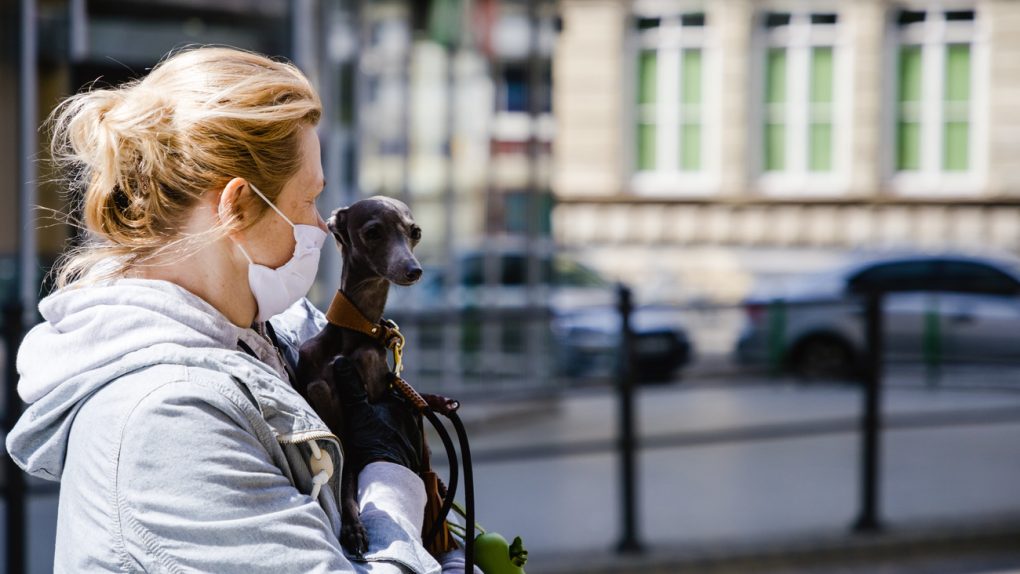- Vitamin D isn’t a magical novel coronavirus cure, researchers warn in a new study, saying that more research is required to establish a clear link between vitamin D levels and COVID-19 risks.
- The study advises against supplementing vitamin D intake beyond regular levels in an attempt to prevent or treat COVID-19.
- Researchers say that a balanced diet combined with exposure to sunlight could help with vitamin D intake. Professional help is also advised to address any vitamin D issues.
Researchers theorized in a recent study that vitamin D might help save the lives of patients infected with the novel coronavirus. At the time, we warned that the study had not been reviewed by other researchers and that it didn’t propose conclusions of an actual clinical trial where vitamin D would have been compared to a placebo. The researches didn’t measure vitamin D levels in COVID-19 patients either, looking instead at other patient data, and using other health parameters to determine the expected levels of vitamin D.
We also told you that you shouldn’t attempt to prevent or treat COVID-19 at home with vitamins or other health supplements that go viral on social media, and to follow guidelines from your doctor. Fast forward a few weeks, and a new study warns that high doses of vitamin D can’t prevent or treat COVID-19.
Scientists from several UK and US medical universities and institutions penned a paper in BMJ Nutrition, Prevention, and Health that explains there’s not enough scientific evidence to prove beneficial effects of vitamin D in COVID-19 therapy.
“The continued spread of the novel SARS-CoV-2 virus, and the disease COVID-19 that is caused by SARS-CoV-2, has led to calls for widespread high-dose vitamin D supplementation,” the researchers write. “These calls are without support from pertinent studies in humans at this time, but rather based on speculations about presumed [emphasis theirs] mechanisms.”
The researchers explain that more studies are underway that could provide answers about the effect of vitamin D on COVID-19. Until then, vitamin-D supplementation isn’t advised.
“We recommend appropriate vitamin D RCTs to evaluate the effects of vitamin D supplementation on COVID-19 infections. Until there is more robust scientific evidence for vitamin D, we strongly caution against the use of high vitamin D supplementation (greater than the upper limit of 4000 IU/day (100 µg/day)),” they say.
That’s not to say vitamin D deficiency is something that should be taken lightly. However, that doesn’t mean that addressing vitamin D deficiencies or boosting intake has any effect on the novel coronavirus.
“Most of our vitamin D comes from exposure to sunlight, however for many people, particularly those who are self-isolating with limited access to sunlight during the current pandemic, getting enough vitamin D may be a real challenge,” Birmingham University’s Carolyn Greig told Times of India. “Although there is some evidence that low vitamin D is associated with acute respiratory tract infections, there is currently insufficient evidence for vitamin D as a treatment for COVID-19 and over-supplementing must be avoided as it could be harmful.”
The researchers noted that a balanced diet offers plenty of vitamin D, with “oily fish, red meat, egg yolk and fortified foods, such as breakfast cereals in the UK, as well as fortified milk in the USA and Canada.” Safe sunlight exposure is also advised to boost vitamin D levels. Patients should seek the help of medical professionals if they need to address any potential vitamin D deficiencies.








